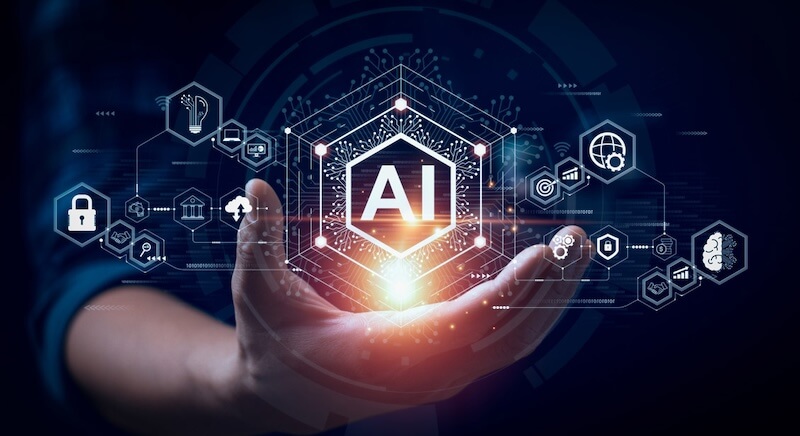Agentic AI represents a significant leap forward in the evolution of artificial intelligence, shifting the focus from task-based automation to independent goal achievement. Unlike traditional AI, which operates within predefined constraints and requires constant human oversight, agentic AI empowers systems to act autonomously, make decisions, and adapt to changing environments with minimal intervention. This paradigm shift unlocks new possibilities for efficiency, innovation, and problem-solving across diverse industries.
At its core, agentic AI consists of AI agents – sophisticated machine learning models designed to mimic human decision-making processes in real-time. These agents possess the ability to perceive their surroundings, set goals, plan actions, and execute those plans independently. This autonomy is fueled by advanced technologies such as natural language understanding (NLU), contextual reasoning, and continuous learning. NLU enables agents to comprehend and respond to human language, while contextual reasoning allows them to make informed decisions based on historical data and real-time inputs. Continuous learning ensures that agents evolve and improve their performance over time through machine learning and feedback loops.
The rise of agentic AI is closely tied to the convergence of powerful large language models (LLMs), sophisticated machine learning techniques, and seamless enterprise integration. LLMs provide agentic AI with enhanced analytical, reasoning, and inferential skills, enabling them to operate with minimal human intervention and complete complex, dynamic processes. This enhanced language capability allows agentic AI to interact with users in a more natural and intuitive way, opening up new avenues for collaboration and problem-solving.
Agentic AI is already transforming various sectors, including finance, healthcare, manufacturing, and customer service. In the financial industry, agentic AI is being used to enhance customer experiences, aid strategic decision-making, and streamline operations. AI-powered trading bots can analyze live stock prices and economic indicators to perform predictive analytics and execute trades autonomously. In healthcare, agents can monitor patient data, adjust treatment recommendations based on new test results, and provide real-time feedback to clinicians through chatbots. Manufacturing benefits from improved production efficiency through autonomous systems and real-time quality control.
Microsoft is making significant strides in the field of agentic AI with its new AI tools showcased at Build 2025. These tools include Copilot coding agent and Microsoft Discovery, an AI-powered platform designed to transform research and development processes. Microsoft Discovery uses agentic AI to automate complex tasks, allowing scientists and engineers to accelerate innovation by streamlining data analysis and experimentation. NVIDIA is also collaborating with Microsoft to accelerate agentic AI innovation, delivering advancements that empower agentic AI-powered applications from the cloud to the PC.
Despite its vast potential, the adoption of agentic AI also presents challenges and risks. Granting decision-making power to machines requires careful consideration of the implications and the establishment of ethical and legal standards. Striking the right balance between autonomy and human oversight is crucial to prevent unintended consequences and ensure that AI-driven actions align with societal values. Transparency in the decision-making processes of agentic AI systems is also essential, as the complex reasoning behind certain decisions can often be opaque.
Furthermore, as agentic AI systems become more autonomous, addressing ethical concerns such as bias, ensuring data privacy, and creating regulatory frameworks become paramount. Collaboration between developers, policymakers, and ethicists is essential to build trustworthy systems that enhance human capabilities while aligning with societal values. The potential for malicious actors to exploit agentic AI for sophisticated schemes and system breaches also necessitates robust security measures and proactive threat detection.
The journey towards widespread adoption of agentic AI is ongoing, but its potential to revolutionize industries and enhance human capabilities is undeniable. As technology continues to evolve, addressing the challenges and ethical considerations surrounding agentic AI will be crucial to ensuring its responsible and beneficial integration into society.















